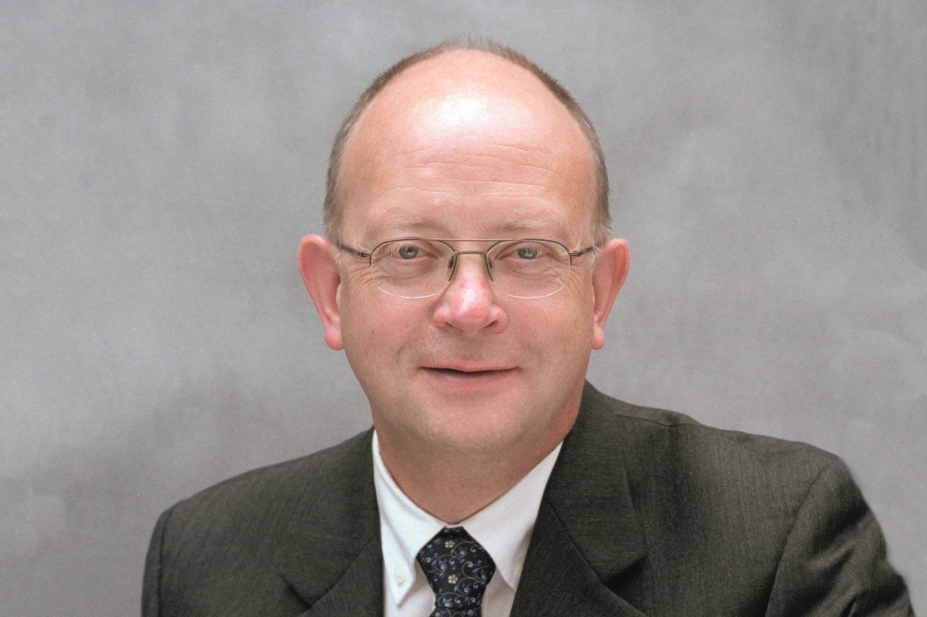
Courtesy of Ken Jarrold
Proposals to redefine the roles of superintendent and responsible pharmacists (RPs), and to introduce a defence for dispensing errors in hospital pharmacy, were outlined at the most recent meeting of the Rebalancing Medicines Legislation and Pharmacy Regulation Programme Board Partners Forum — the first to be held in almost three years.
The Partners Forum comprises a group of pharmacy representatives, patients and the public, and is described as a “sounding board and sense check” of proposals from the full Rebalancing Board.
But attendees at the Partners Forum, which was held immediately after a meeting of the main Rebalancing Board at the Royal Pharmaceutical Society (RPS) London headquarters on 22 February 2018, heard that there were “no firm proposals” on the table for altering regulations around the supervision of the supply and sale of medicines.
The proposals to redefine the roles of superintendent pharmacists and RPs within community pharmacy organisations are expected to be put out for a 12-week public consultation in April 2018, and include suggestions that the pharmacy regulators, the General Pharmaceutical Council and the Pharmaceutical Service of Northern Ireland set professional standards for these roles.
Other proposals include the removal of the restriction on superintendent pharmacists covering only one retail pharmacy business. But they retain the requirement for a superintendent pharmacist where a pharmacy is owned by a corporate body, and the requirement for every pharmacy to have an RP also stays.
Proposals to extend new legal defences for inadvertent dispensing errors to pharmacy professionals working in hospitals and other settings were also outlined at the meeting. These refer to pharmacists working for a “pharmacy service”, such as a hospital, nursing home, prison or immigration centre.
One of the conditions of the proposed new defence would be that the pharmacy service was overseen by a chief pharmacist. This person must have a significant role in decisions on how a substantial part of the activities of the pharmacy service are managed, and have authority to make decisions that affect the running of the pharmacy service in relation to medicine sale and supply.
In a statement released after the meeting, the Rebalancing Board said a discussion on supervision at the Partners’ Forum produced several themes, including: a need for a clearer picture of the Board’s remit on supervision; that there is a clear difference between pharmacists and technicians, and supervision should not be about trying to equate the two professions; that any legislation should allow pharmacies and pharmacy professionals to make their own decisions about how they work as regards supervision; and that any changes should “increase the opportunity for pharmacists to engage appropriately and effectively in clinical activity”.
Ken Jarrold, chair of the Rebalancing Board, said in the statement: “There has been a great deal of uncertainty and confusion on what supervision means in the context of pharmacy. The Partners’ Forum provided a good opportunity for discussion and for the board to hear a range of views on this and the other work on this programme.”
Paul Bennett, RPS chief executive, said the Society would be encouraging its members to take an active part in the consultations on the draft orders on RPs and superintendent pharmacists, and the consultation on broadening the inadvertent dispensing errors legislation.
“Without an adequate defence in place across all settings in which pharmacists practise, there is a risk that we will fail to secure the necessary reassurance for pharmacists that they will be treated fairly when a mistake has taken place,” he said.
“If we truly wish to improve the patient safety culture across the healthcare professions, then practitioners need to feel safe when they identify that an error has occurred, and make a declaration to that effect in order to improve their own practice and the practice of others who may learn from their error.”

